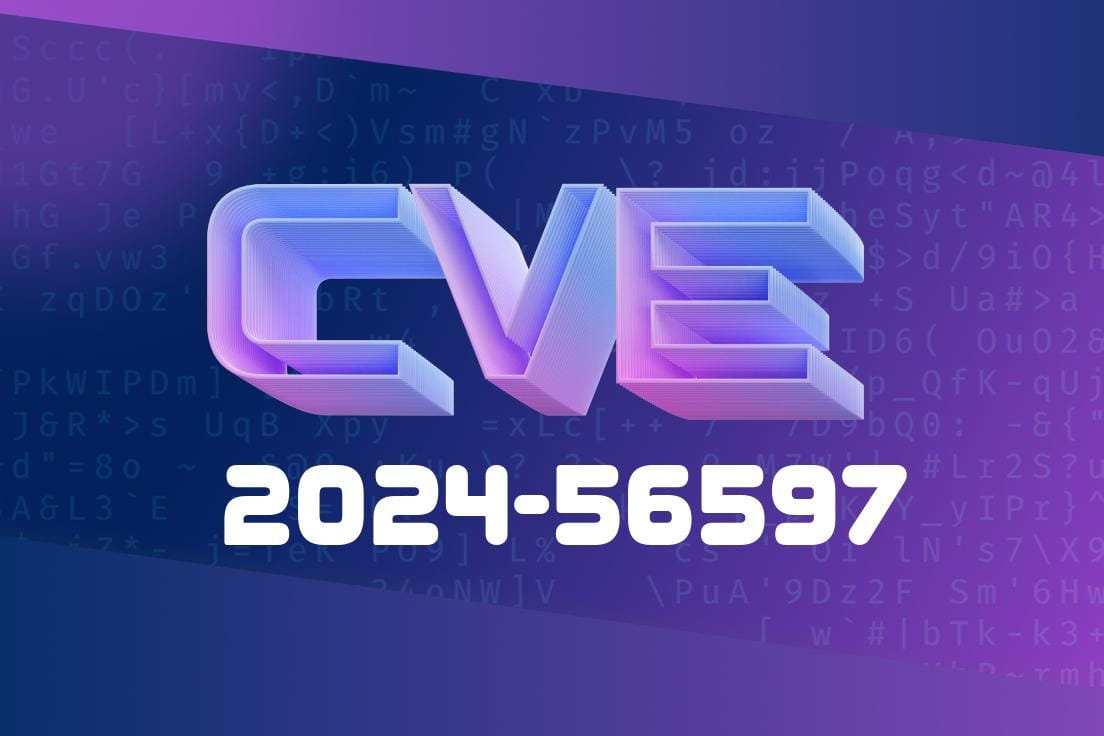A new Linux kernel vulnerability, CVE-2024-56597, was recently patched. This bug affects the JFS (Journaled File System) driver, specifically in the dbSplit function. In this post, I’ll break down what happened, how an attacker could use it, provide easy-to-read code snippets, detail the fix, and share links to official sources. This guide is exclusive and written in plain American English.
What is JFS?
JFS) is IBM’s Journaled File System, used on Linux for fast and reliable storage. It’s not as popular as ext4, but still in use on some servers and older systems.
What is CVE-2024-56597?
In short, there was a shift-out-of-bounds bug in the way JFS manages disk blocks. The main problem is that a variable named dmt_budmin could be negative in dbSplit. This causes later errors—possibly crashing the kernel or leading to undefined behavior.
The fix? Developers added a check to make sure dmt_budmin isn’t less than zero before moving on.
Technical Details: The Problem
Usually, when allocating or splitting disk blocks, JFS uses dmt_budmin as a minimum boundary. If, due to weird input or corrupted metadata, dmt_budmin is negative, later arithmetic (especially bit-shifting, like 1 << dmt_budmin) becomes dodgy. On most CPUs, shifting by a negative count is *undefined behavior*—the program can do anything, from returning garbage to crashing.
Bad code looks like this
if (dmt_budmin < )
/* ... this should have been handled, but it wasn't ... */
result = 1 << dmt_budmin; // what if dmt_budmin is negative? Oops!
Exploit Scenario
A local attacker (with access to a JFS partition) can craft a disk image or send forged input, making the kernel use a negative dmt_budmin during a dbSplit operation. If the kernel then performs a left-shift with a negative number, this could crash the system, cause data corruption, or even (in rare but possible cases) allow code execution.
Crash: Kernel does 1 << -1, which isn’t allowed. System may crash.
*This is a local DoS (Denial of Service) risk at minimum.*
The Fix: Added Bounds Checking
The solution is simple but effective: Before using dmt_budmin, check that it’s not negative in dbAllocCtl().
Patched code snippet
if (dmt_budmin < ) {
return -EINVAL; // don’t continue with bad input!
}
Original commit:
- kernel/git/torvalds/linux.git: Fix shift-out-of-bounds in dbSplit (JFS)
Explanation:
The kernel now checks for negative values and cleanly returns an error if one is found, so the risky bit-shifting never happens.
How to Protect Yourself
- Update your Linux kernel! Check your system for updates that mention JFS and install them as soon as you can.
If you don’t use JFS, consider removing its module (jfs.ko) from your build for extra safety.
- General best practices: Limit who can mount/unmount file systems, and only use trusted disks.
Official Patch:
https://git.kernel.org/pub/scm/linux/kernel/git/torvalds/linux.git/commit/?id=47e180e5c132ee774f8c5296e50ecc189973aebd
- CVE-2024-56597
- A good overview of Undefined Behavior in C
- JFS on Kernel.org
Summary
CVE-2024-56597 is a classic example of how a small validation mistake in a filesystem driver can have big safety impacts. If you’re using Linux (especially with JFS), update soon! And as always: never trust user input, even for system code.
Timeline
Published on: 12/27/2024 14:51:04 UTC
Last modified on: 01/05/2026 10:56:00 UTC
